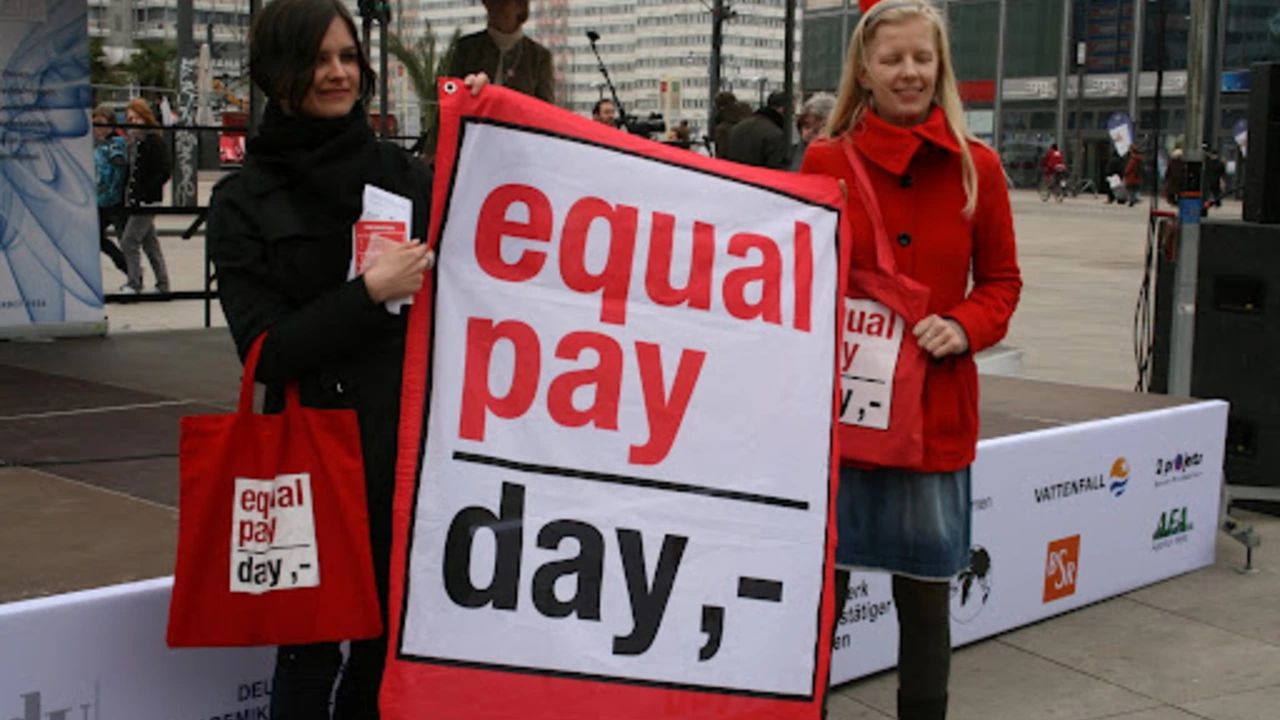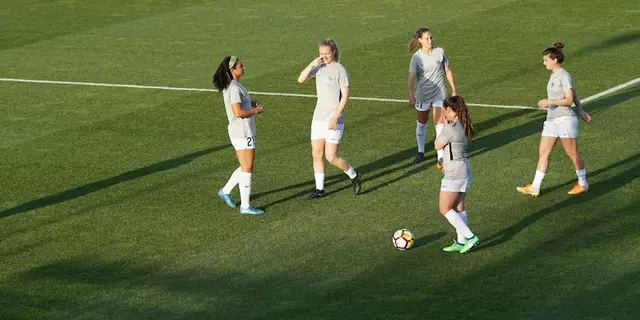Gender Equality in Sports: What It Means for Everyone
When you watch a match, you want the best players on the field, regardless of gender. Yet women footballers often earn far less than their male teammates. That isn’t just a number problem – it’s a fairness issue that touches coaching, sponsorship, and fan support.
Think about it: two athletes train the same hours, follow the same diet, and face the same pressure. If one gets a bigger paycheck simply because of gender, the message is clear – talent isn’t the only factor. This hurts players, fans, and the sport’s growth.
The Pay Gap Reality
Recent surveys show top women’s leagues earn a fraction of men’s league revenues. For example, the 2023 Women’s World Cup generated $1.4 billion, yet many players still earned under $30,000 a year. Talk about a mismatch.
One reason is media coverage. Men’s games dominate prime-time slots, drawing bigger ad deals. But the cycle can break: more coverage leads to bigger sponsorships, which leads to higher salaries. Giving women’s matches equal airtime can start shifting the balance.
Another factor is historic bias. Clubs that invested early in women’s teams now see higher attendance and merch sales. Late adopters miss out on that growth. The good news? The market is hungry. Fans who watch women’s soccer say they’d spend more if the experience matched the quality on the pitch.
How to Push for Change
Fans have power. Social media campaigns demanding equal pay have forced leagues to renegotiate contracts. Tag your favourite club, share stories of your local women’s team, and ask sponsors to back them.
Clubs can start by publishing transparent salary structures. When players see the numbers, they can advocate for fair adjustments. Even small steps, like matching match bonuses for men and women, send a strong signal.
Coaches and academies also play a role. Training girls with the same resources as boys builds a talent pool that competes internationally. When a club’s youth program treats all kids equally, the senior team naturally reflects that balance.
Finally, consider buying official merchandise. Revenue from shirts, hats, and tickets directly feeds player wages. If you love a player, wearing their jersey is a simple way to show support.
Gender equality in sports isn’t a distant ideal; it’s a daily decision. Each ticket bought, each post shared, each conversation started helps close the gap. The next time you cheer for a goal, ask yourself – are we rewarding talent or just tradition? The answer can shape the future of football for everyone.

The Monaco Escort Unit is a unique all-female security team that protects VIPs without force or weapons. Trained in psychology and crowd behavior, these women prevent incidents before they happen - offering a quiet, effective model of safety. (Read More)

The demand for equal pay for women footballers is growing stronger each day, and for good reason. Many believe that the gender pay gap in sports is unjustified, given that female players work just as hard and are as committed as their male counterparts. They argue that it's not about the revenue generated, but about recognizing the talent, efforts, and dedication of these athletes. Others also highlight the importance of promoting gender equality in all sectors, including sports. In my opinion, it's about time we value and reward female footballers equally. (Read More)



